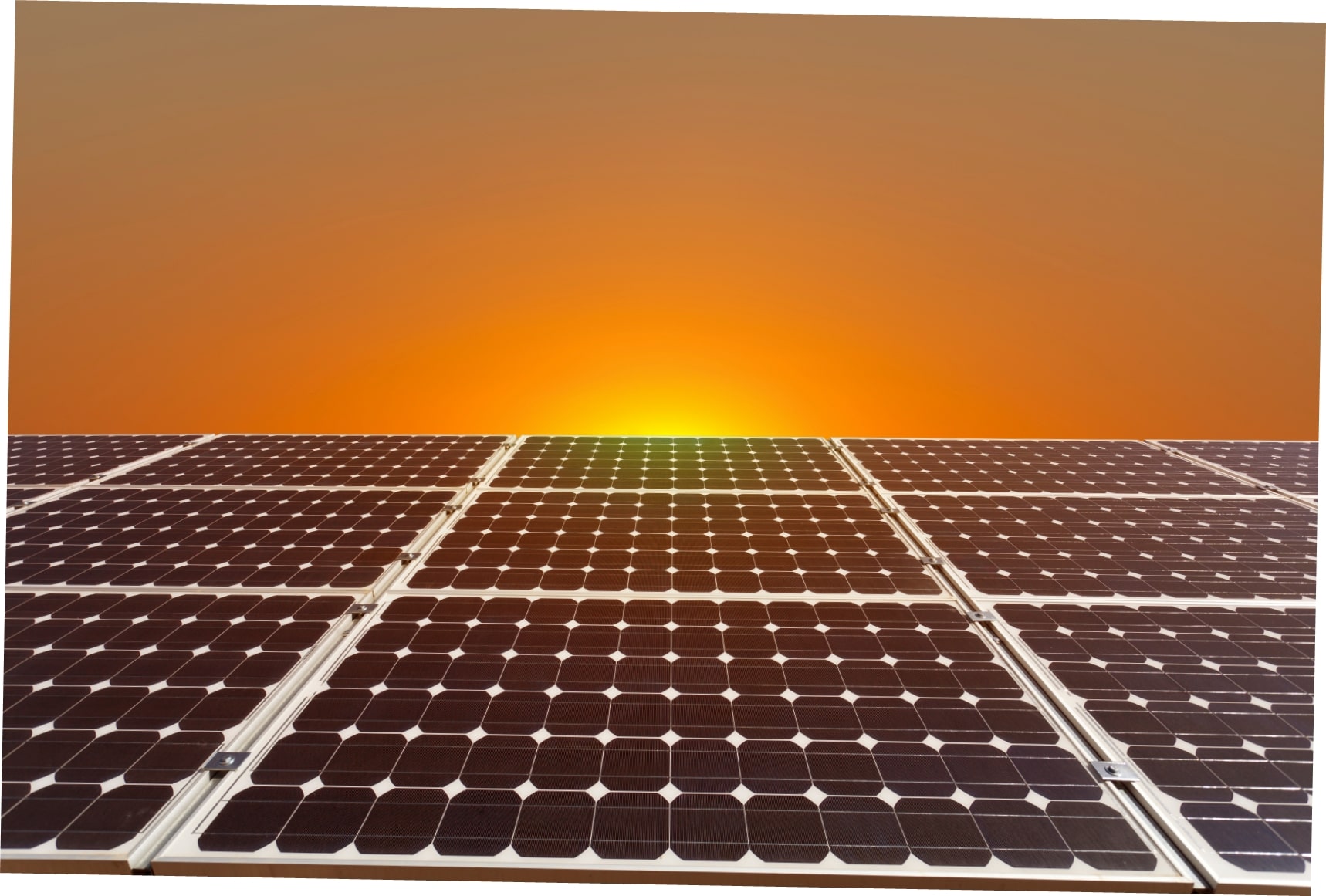
Solar Solutions for Sustainable Living
Pace Links draws on the skills of solar experts, engineers and technicians from Nigeria and North America. The teams respond to the growing demand for alternative solutions to the burden of inadequate power supply and costly fuel-operated backup generators.
Thank you for visiting!
Mission
Our mission is to empower Nigerians with reliable, energy-efficient and cost-effective solar-powered products and solutions as an alternative to the sporadic and unreliable power supply from the public power grid and to the use of diesel- and petrol-powered generators used to supplement the public power supply.
What are solar panels?
Solar panels are devices that convert light into electricity. They are called “solar” panels because, most of the time, the most powerful source of light available is the sun, called “Sol” by astronomers. They are also sometimes referred to as “photovoltaics,” which means “light-electricity.”
How do solar panels work?
A solar panel is a collection of solar cells, or photovoltaic cells. Lots of small solar cells spread over a large area can work together to provide enough power to be useful. The more light that hits a cell, the more electricity it produces.
How much do solar panels cost?
The cost varies depending on the model type, the number of panels and where they are installed (rooftop, standalone, etc.). However, in Nigeria, where fuel generators are used as a regular means of generating electricity, a solar solution can pay for itself within a few years with the savings realized through the elimination of the generator. Only initial investment for installing the panels/plant is required because electricity is generated free of cost.
How is solar energy stored?
On cloudy days or at night, the amount of energy your system receives is reduced or eliminated altogether. This in turn impacts the amount of electricity or heat that your system produces during those times. To overcome this drawback, homeowners can take advantage of several methods available to them for storing solar energy.
Why are solar panels necessary?
Solar panels are clean and pollution-free. Solar power is also plentiful and a renewable source of energy that can meet all of Earth’s power needs. Burning fossil fuels, on the other hand, releases large quantities of toxic gases into the atmosphere, thus contributing to greenhouse gases and global warming.
What is the difference between renewable and non-renewable energy?
Renewable energy is energy generated from natural resources – such as sunlight, wind, rain, tides and geothermal heat – which are renewable (naturally replenished).
Non-renewable energy is energy taken from finite resources that will eventually dwindle, that is, energy derived from depletable fuels (oil, gas, and coal), created through lengthy geological processes and existing in limited quantities on the earth. These energy sources are also more expensive over the long term, not to mention environmentally damaging.
Nigeria
Nigeria is the third largest economy in Africa. It has a rising middle class, rapid growth in banking and telecommunications and explosive increases in consumer spending, gross domestic product and urban population. Yet, in this country so rich with commercial activity, 60% of Nigerians do not have access to the power grid. That’s over 110 million people. The remaining population of over 75 million struggles with intermittent power supply. All Nigerians are dependent on fuel generators to supply or supplement their electricity needs. By making cost-effective solar energy solutions available, Pace Links aims to provide all Nigerians will a viable alternative to generators.
Products & Services
- Pace Links focuses on putting together compact, effective and affordable solar solutions, ranging from starter kits for small consumer applications to large solar-powered systems for commercial and industrial applications. Where space is limited, we provide scalable solutions that may be expanded as budget permits in order to build towards grid-independent power-supply systems.
- The major components of the solar system will last 25 years or more. Furthermore, the consumer will begin to enjoy benefits and savings immediately from the discontinued use of their generators.
- Along with its solar products, Pace Links advocates for education and training programs, along with consumer financing and microfinancing initiatives. The potential impact of solar energy for Nigeria is undeniable. This sustainable energy source stimulates economic growth through increased productivity, improved social conditions and the potential for the poor to lift themselves out of poverty.


Resources
- International Centre for Energy, Environment & Development
- Visit site
“We are like tenant farmers chopping down the fence around our house for fuel when we should be using Nature’s inexhaustible sources of energy – sun, wind and tide. I’d put my money on the sun and solar energy. What a source of power! I hope we don’t have to wait until oil and coal run out before we tackle that.”
Thomas Edison (1847-1931)
One of the most famous and prolific inventors of all time
Watch, Read, Listen
No posts were found.
Join 900+ subscribers
Stay in the loop with everything you need to know.